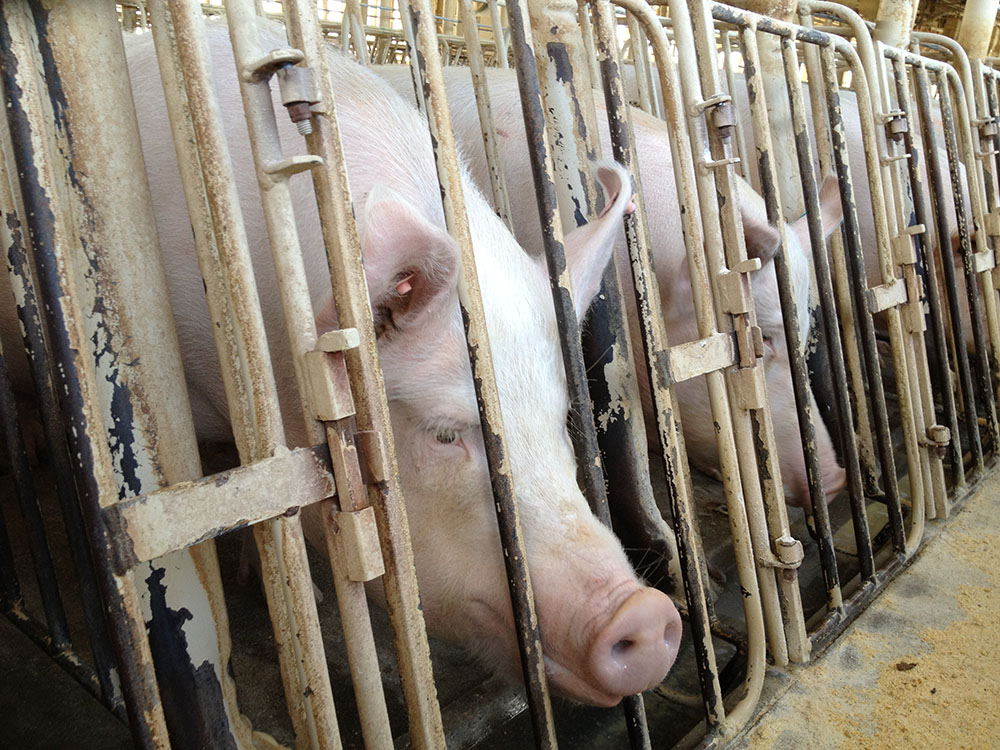by Suzanne Potter
California News Service
California’s children are doing well – the vast majority have health insurance and access to transitional kindergarten – but the state is far behind in many other metrics.
The nonprofit Children Now analyzed the data, and gave the Golden State a C-minus or below in 15 out of 33 categories. Kelly Hardy is senior managing director at Children Now.
“There’s a lot of low grades that we’re seeing in the report card,” said Hardy, “and they highlight where the state has allowed racial and economic disparities to stagnate and in many cases to grow.”
The report gave California a D-minus because too few of its supports for people experiencing homelessness are tailored for unaccompanied youths.
The state also earned a D-minus in prevention of substance abuse – as efforts to curb abuse are seen as too reactive, primarily helping kids once they’ve become addicted rather than intervening early on.
California ranks 49th for its large class sizes, but Kelly noted that the state earns a B plus for its plan to give all four-year-olds access to free transitional kindergarten in public schools by the 2025-26 school year.
“This is one of the places where California is leading,” said Hardy. “And it’s really important that in places where the state is making investments, we see that those investments and that attention to the issue has resulted in success.”
The state faces a projected budget deficit this coming year – and advocates are hoping that children’s programs are spared any cuts.
Gov. Gavin Newsom is set to announce his budget priorities for the 2024-25 fiscal year by Wednesday.
CA farm animal cruelty law takes full effect
Pork sold in California will now have to comply with Proposition 12.

An undercover investigation conducted in the spring of 2012 by The Humane Society of the United States revealed egregious cruelty and filthy conditions at a Wyoming pig breeding facility owned by a pork supplier for Tyson Foods and Jimmy Dean.
The undercover footage was taken at Wyoming Premium Farms, a pig factory farm in Wheatland, Wy., and shows workers kicking piglets like footballs, swinging sick piglets in circles by their legs, striking mother pigs with fists and hard objects and repeatedly and forcefully kicking them as they resisted leaving their piglets.
The investigator also found pigs with untreated abscesses and rectal and uterine prolapses; mummified piglet corpses; and baby piglets who had fallen through floor slats to either hang to death or drown in manure pits. The graphic video also documents prolonged suffering of pigs used for breeding who are confined in gestation crates, cages so small the animals can’t even turn around, rendering them virtually immobilized for almost their entire lives.
During the investigation, The HSUS investigator was told that Tyson Foods and Jimmy Dean buy pigs from Wyoming Premium Farms including “cull” sows – those too old or injured to breed again. The animals are shipped by truck for more than 25 hours to be slaughtered and processed at the Indiana Packers Corporation, a slaughter plant co-owned by Mitsubishi and Itoham Corporation. Itoham Corporation also owns Wyoming Premium Farms.
The law bans some types of extreme confinement of farm animals, specifically gestation crates — which are metal cages, often so small sows cannot turn around. Some provisions of the 2018 law have already gone into effect, concerning egg-laying hens and calves raised for veal.
Amber Canavan, manager of campaigns at People for the Ethical Treatment of Animals, applauds the law but said other forms of animal cruelty are still allowed.
“Pork producers are still able to confine the pigs to squalid, cramped and stressful conditions, forcefully impregnate them, steal their babies away, and slaughter them in terrifying and agonizing ways, including gas chambers, and captive bolt pistols,” Canavan asserted. “So, PETA’s stance is that no one needs to eat meat to live a long and happy life.”
The pork industry appealed Prop 12 to the U.S. Supreme Court, which upheld states’ right to regulate the meat industry. Opponents said the law has raised egg prices and caused shortages over the past six years. Several large pork producers, including Hormel, have said they will produce Prop 12-compliant meat.
Kate Brindle, program manager of farm animal protection for the Humane Society of the United States, noted the fight has now moved to Congress, where lawmakers are currently considering the EATS Act, which would invalidate many states’ agriculture and food safety laws.
“The goal of this act is to undermine Prop 12,” Brindle pointed out. “A report published by Harvard Law School talked about over 1,000 state and local laws that could be negated if the EATS Act becomes law.”
In the Supreme Court case, public health groups stated extreme confinement of animals can suppress an animal’s immune system, making them more susceptible to disease, which can spread to humans.



